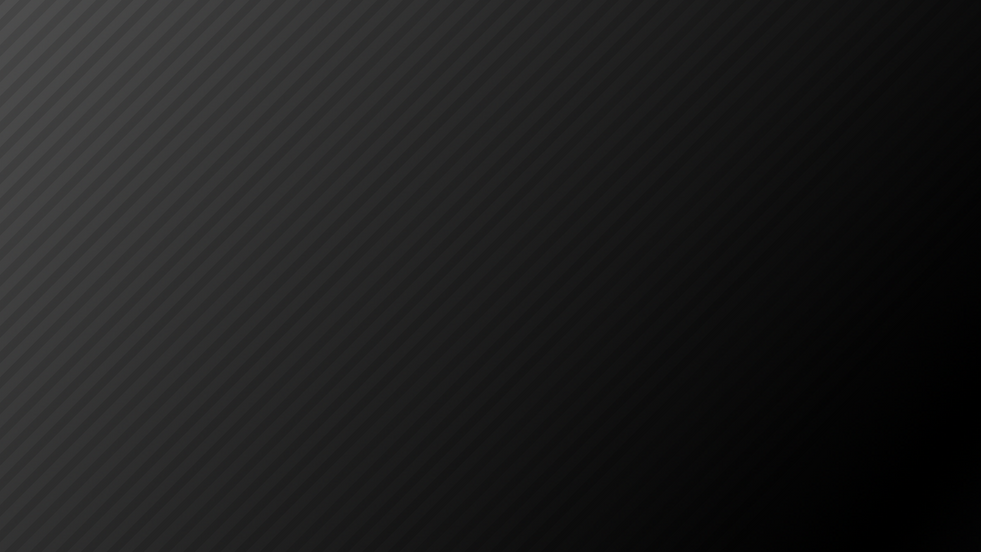
ISAIAH SWANN
BASEBALL | HAND INURY

Hey!
I'm Isaiah, a student-athlete
at UT-Dallas, majoring in
neuroscience. I enjoy Dallas
roads, mayonnaise, and
rehabbing my various injuries.


Watch Isaiah's story here:

FULL INTERVIEW
My name is Isaiah Swann. I'm a senior baseball student athlete at the University of Texas at Dallas. I've been playing for 15 years now.
what happened during your injury. And, yeah, just when it happened how it happened.
This was March, 9 of 2019. Basically, I'd gone for a ground ball down third baseline. It skipped under my glove, and then hit my thumb and pushed it in. I landed on it and tore my UCL as well as breaking my thumb. I had surgery on it on
the first week of April and been recovering since then.
what was the process like in recovering like did you have, like, rehab. How often do you have How long did you have to do it for.
Yeah, so, after my surgery, are going to cost for five or six weeks, got off, and then from there it was sort of regaining mobility because I had to move my wrist or my phone during that whole time obviously. So, I went from here, just doing this to wiggling. Finally, you know, moving it back and forth. And I'm almost back at some ability now. So, it's been four or five months since my surgery, and I'm almost back to normal. It's been a little bit longer of a process for me than most people who has gotten my sort of injury. But you know, isn't it, it's so
bizarre injury affect your quality, quality of life to this day.
To this day I don't think my injury has impacted my quality of life, I can do pretty much everything now that I can do before. Um, there's so little bit, you know, once I go back on the field and go to practice and that sort of thing. There's a little bit of mental block, in a way, for me, because I don't want to like reinjure it or do anything but at the same time, there's nothing structurally wrong with my shot. I can do everything it's just sort of a mental block right now that I'm pushing through.
What was your reaction immediately following the injury like were you in shock, were you just complete pain, whatever.
Yeah. So, basically, I didn't know right away that it was broken or torn or anything like that obviously swelled up right after I you know landed on it and everything. But I was running to grab the ball, and then I didn't realize anything was wrong and so I tried to pick up the ball and my thumb was just kind of like hitting off it so I couldn't pick it up. That's when I knew that something was probably wrong. And then,
but you know still didn't feel anything. Obviously it's just that adrenaline is going.
And then carry shadow carry,
she sort of walked up and asked me if I was okay and that's when I realized, also nice people started asking if you're okay you know that's been the start of everything so that's kind of when I knew that it was broken.
I'm going off of that after, after that initial shock How did
. How was your mental. I guess mental health. Few weeks until a few months following like were you, you know, getting sad Are you angry.
Yeah. So following my injury that bus ride home was just, kind of, it was okay. I was kind of in shock. At the same time, I wasn't really thinking about it. And then once it really set in like the gravity of my situation. That's when I started to really like feel it and get down on myself, and then I guess a week following that when I found out that my UCL was torn as well on my phone. That was when I really wasn't I really like started like heading down into like a dark place and things were not going well for me at the time. And, I mean I think is something that happens to everybody. Because you lose that whole component of your identity for however many months or even in your career, and it's like how, how do I get over that, losing that piece of meat so that's something that I had to push through.
And how did you cope with losing that identity.
Yeah. Um, so
I say this all the time, and basically getting injured carry my UCL being out for the season was like one of the best things that could happen to me at the time, because, first of all, I was really always, I wasn't like enjoying the sport for what it was anymore. I feel like I kind of lost that along the way, and being injured, may force me to kind of reevaluate your house feel about this game and like, you know, my plans for why it's like why do I play this for, what am I going to do after. And then the other part of it was like being injured for that long been out of sport not being able to practice or anything that was actually really nice, as far as academics were concerned because I just had so much time to do stuff. So I just kind of go from there I just kind of threw myself into academics because that was a way for me to kind of distract myself from not being able to play baseball, even though it's normally the other way around where I'll use the sport to distract myself from other schoolwork that I had.
Well, that's the biggest mental block you encountered during your recovery
support system post injury that if you find yourself surrounding me with so obvious
so how my teammates. One of my team is in particular, had a season ending injury, like, two weeks before mine, so we kind of got would get together every once in a while a pity party. So that was helpful. As always you know my family. Close friends, they're always there for me to just kind of talk to and bounce, bounce ideas off of I guess in so healing. So yeah, those of you that supports us and they're huge
and close the journey to recovery harder than what you initially thought it would be. In other words how mentally prepared were you.
Yeah. Um, so when I initially. Um, so basically right after right after my surgery. I was told that I was going to be in a cast for about six weeks. And then after that it's going to be another three to four weeks, kind of recovery time to regain mobility. And at the time of this interview I'm still kind of, you know, recovering getting back on probably around 85 90%, but throughout the whole summer. I wasn't able to, you know, do everything that I wanted to do to recover. And it was tough for me because I've seen that what the typical kind of horses, and I'm both slower. A lot slower. Like, months, months for that. And it's frustrating for sure, because I'm there and I'm doing all the stretches I'm doing everything that I need to do to get it back to where it should be. But at the same time, I guess I'm balancing. And that was frustrating for sure.
Mm hmm. Now that you basically are almost fully over. I guess healed from your injury, would you have changed anything in the process if you could go back like would you have wanted to reach out to more people. You know, like, would you want to have like spoken to sports psychologists and,
yeah, I think a sports psychologist would be great but even, you know, even just talking with somebody who's had an injury like that before sustained the season and the injury. That would have been huge for me personally because most of my teammates they were all people who had never really gone through that. There's we're a little bit different. Not necessarily. At the start of a season where, you know, they expected a lot out of themselves and where a lot of people expected a lot out of them. So it doesn't would have been nice. Especially talking to another college athletes come to the same thing I know, I mentioned my friend earlier, but just more people like that. Older people to Europe to talk to me and be like, Look, it's gonna be okay right, everything will work out.
Top 3 Recovery Tips
1.So the recipe to do things that you would like to do, but that you haven't had a chance to do because of athletics. So, one thing that I did, I would go and, you know, visit museums in the spring because I could just sort of things like that I'm doing things that you like. Now that you have the time to do so. That's the first, most probably the biggest thing that I would recommend.
2
Talk toother people, that's another big thing. I was able to do that. I think for the most part, so I was fine but I know a lot of times it's the sort of stigma around, you know injuries or you have to, you know, tough it out and and be okay.
But like,
you're not okay. And it's okay to talk about that with somebody, even if you know they haven't gone through the same thing just getting it out is because a lot more helpful than just sort of keeping it up inside. And that's definitely important. And then a third.
3.I threw myself into the gym. I know that's not, like, Great advice for everybody but like, you know, finding another activity that you can do consistently to distract yourself from, you know, your injury is really really helpful.
